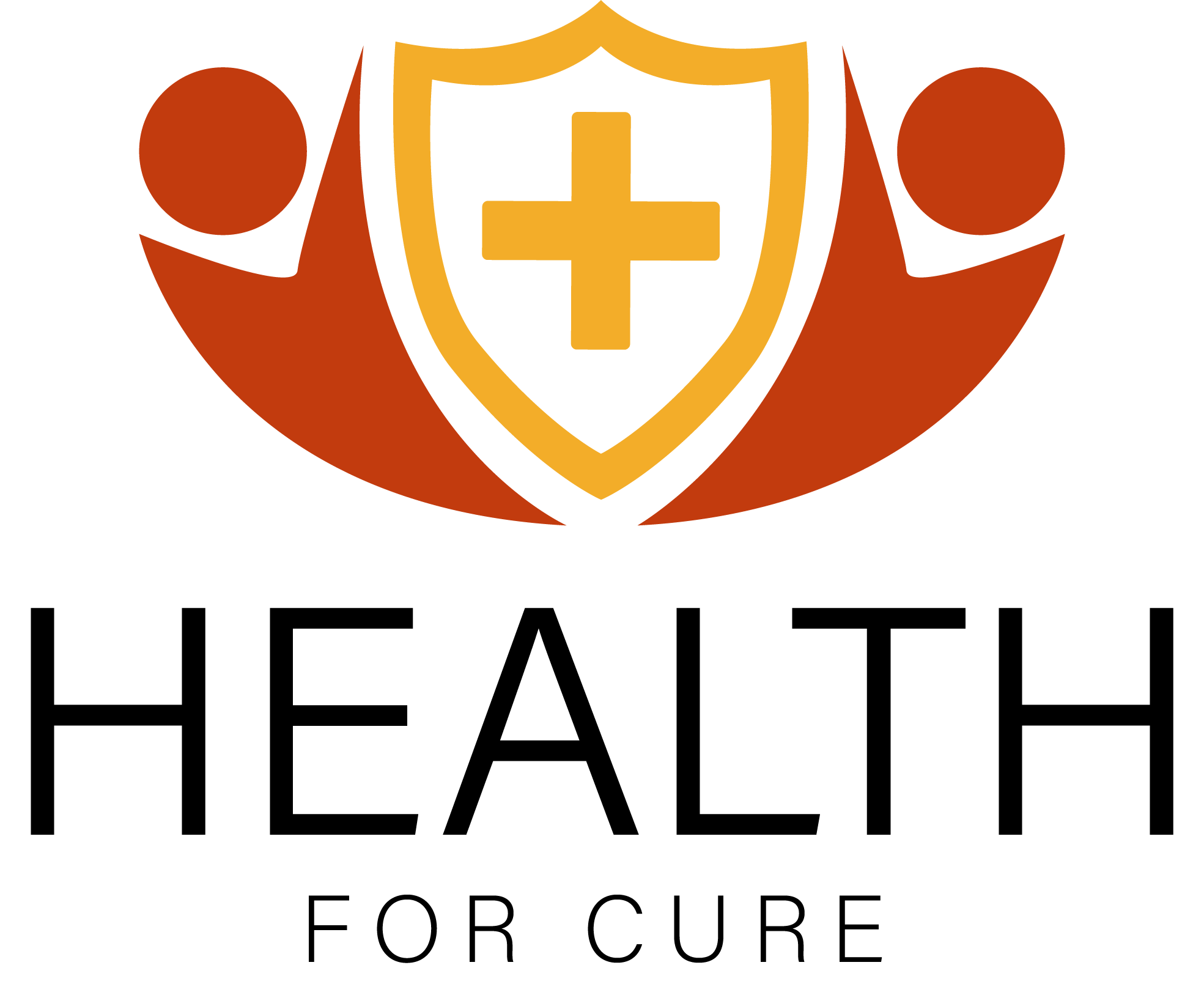Omega-3 Warning: Watch Out for Misleading Labels
Discovering the benefits of omega-3 fish oil to physical and mental health was one of the major breakthroughs of the last few decades. The lack of fish and overabundance of omega-6 fatty acids in the average American diet is the reason why many kids today have ADHD and why many adults suffer from heart disease, circulatory disorders, and diabetes. There are a number of supplements that provide us with the omega-3 fats we need, but be careful of food manufacturers who use the omega-3 label on their foods. Most of these labels mislead consumers into thinking that a particular food is omega-3-rich when in fact, it really isn’t.
Misleading labels
The omega-3 label is popping up everywhere, from omega-3 eggs to omega-3 pasta. Any unsuspecting consumer with little knowledge about the true sources of omega-3 fatty acids are bound to purchase these products, thinking that they can provide the benefits of this important nutrient. Little does that person know that the manufacturer is just cashing in on the popularity of this nutrient. Most of these products actually contain omega-6 fats, which counteract the anti-inflammatory of omega-3.
Take eggs, for instance -the only things they are rich in are protein and cholesterol, which contributes to heart disease. But egg farms aren’t the only culprit of misleading product labels. Many other meats like hotdogs, pork, and bologna contain the omega-3 label because the manufacturers feed the animals with roasted soybeans. However, soy contains only omega-6 fatty acids, and animals fed with soybeans come nowhere close to fulfilling the recommended daily allowance for omega-3.
Educate yourself
The FDA has yet to create strict regulations on using the omega-3 label on food packaging. Until that happens, you need to educate yourself on the legitimate sources of this fat so you can avoid buying products that use the omega-3 buzzword for marketing purposes.
Omega-3 fats EPA and DHA are only found in deep-sea fatty fish like salmon, tuna, mackerel, and fish oil supplements. You can also obtain them from vegetable sources like evening primrose oil, echium oil, and flax. Technically, flax contains an omega-6 fatty acid called ALA, but ALA is the only fatty acid from the omega-6 family that does not interfere with omega-3’s health benefits. On the other hand, vegetable oils, soybean oil, and their products contain omega-6 fatty acids. Any food product – particularly junk food and other processed food – made with vegetable oils does not and will never have any omega-3 fatty acid content.
Take note that omega-6 fats are not bad per se; in fact, the body needs a balance of omega-3 and omega-6 fatty acids. The problem is that we take too much omega-6 fatty acids because of the easy availability of instant processed foods, and too much omega-6 causes inflammation that leads to heart disease and other health problems.
Buy only quality fish oils
To make sure that you consume only pure, 100% omega-3 fat, buy your fish oils from a reputable manufacturer. There are many telltale signs to watch out for. For instance, a good manufacturer will always indicate what fish species was used to obtain the oil. The bottle should also include information on the distillation process. Good manufacturers use two separate purification processes that includes molecular distillation. This two-step process eliminates the toxins from the fish without damaging the fragile long-chain omega-3 fatty acids. Finally, a good manufacturer will have each batch of fish oils tested by two different labs and publish a certification of quality from these labs.




